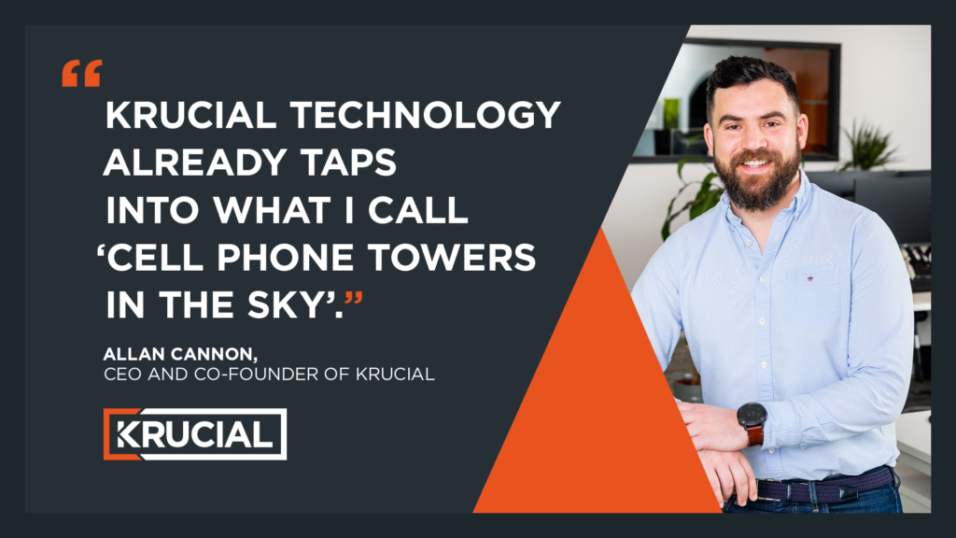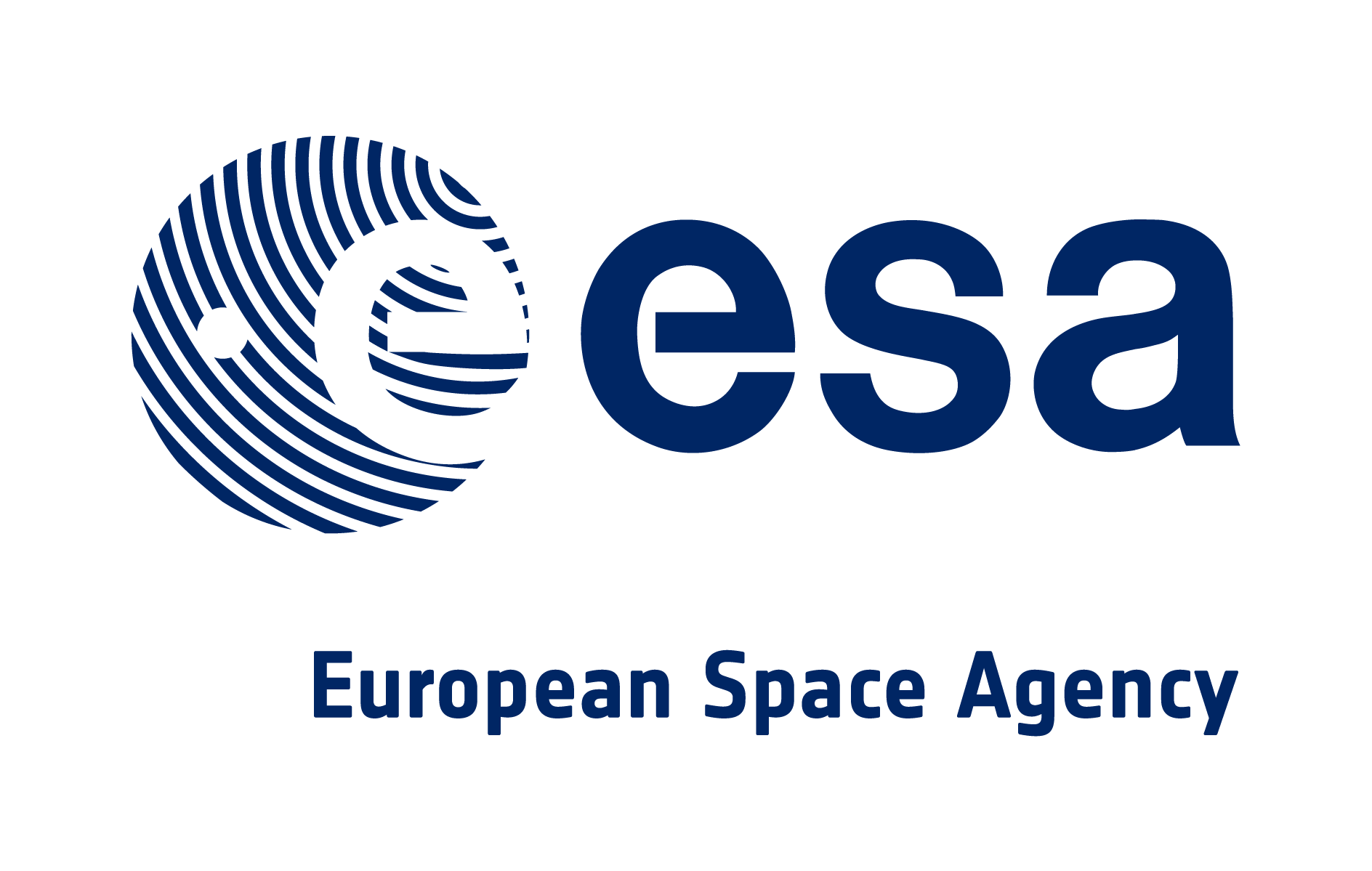Krucial Co-founder and CEO Allan Cannon reflects on the latest announcements from a host of mobile phone companies that satellite will be available to users in the coming years and points out that while this is positive news, the technology itself is far from new.
Looking to space for connectivity isn’t new, but it’s certainly in vogue.
Following the recent announcement that T-Mobile and SpaceX are teaming up to allow text messages (initially) to be sent via satellite in areas with no cellular coverage, Google, Apple and Huawei have followed suit.
The news signals the move to provide consumer devices (smartphones) direct-to-satellite functionality – theoretically cutting out complete blind spots. What’s more, it’s believed that the technology will, in some cases, be accessible to existing handsets, cutting the need for expensive new consumer hardware at a time when money is tight.
At the moment your cell phones currently connect to terrestrial infrastructure, like a cell tower. Using satellites means the provision of local communications infrastructure (or lack of) won’t affect the ability to connect. The idea is that you will be able to send a text, receive a call and, eventually, enjoy the same connectivity in the wilderness as you would in the middle of a city (though that’s a while off yet).










